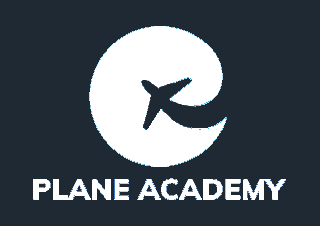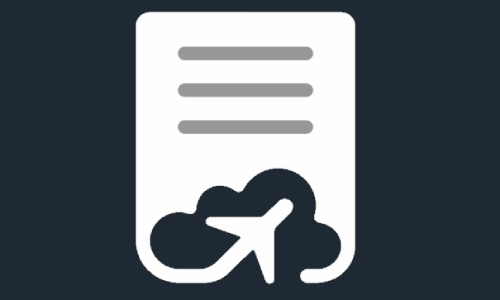Modular Training
Modular Training is traditionally a cheaper form of training than integrated; however, it requires considerable planning, as it is your own duty to organise each phase of your training. A benefit of modular training and one of the main reasons this type of training is cheaper is you have the ability to hour build in different countries such as the US where flying is less expensive. This type of training is particularly popular with those that already have a PPL and hours to hand because all that can be counted towards your hour building.
Pros:
- Far cheaper than integrated training
- Flexibility to work/study whilst training
- Ability to complete training at your own pace
- Easy to switch between different training providers if unhappy
- Less risk if the industry hits a rough patch/ ability to pause training
Cons:
- Can take much longer to complete
- Involves a lot of planning and forethought
- Difficult to maintain consistency with switching instructors/schools and not always commercially targeted
- Fewer ties to commercial airlines so could face more challenges getting employment
- Requires a lot of self discipline due to large amounts of self study
What are the average costs of modular training?
|
Type of training |
Cost |
Course Length |
|
PPL |
£6000 – £12,000 |
3 – 6 months |
|
Hour Building |
£5000 – £15,000 |
Varies per student (<12 months) |
|
ATPL Theory |
£2000 – £7000 |
6 – 9 months |
|
CPL |
£4000 – £9,000 |
1 month |
|
MEIR |
£14,000 – £21,000 |
2 months |
|
AUPRT |
£2000 |
3 days |
|
APS MCC |
£4000-£8,000 |
3 weeks |
|
Total |
£37,000 – £74,000 |
Approx. 30 months (2.5 years) |
* All costs and course lengths are approximate based off market research. Each individual may take less or more time to complete each section of training.
Click here for a greater In-Depth review of flight schools check out Pilot Network’s review table
How does modular training work?
PPL:
Modular training begins with completing your PPL. You will learn the basics of flying and how an aircraft works before finally doing your PPL cross-country qualifier and skills test. During the course of this you will also have to complete 9 exams. Upon completion of the skills test you gain your Private Pilot License allowing you the opportunity to use the privileges of your license for the next stage of training.
Hour Building:
Hour building can be done pretty much anywhere in the world. Many modular students choose to hour build in the US as prices in the UK are very expensive in comparison.
ATPL Theory Exams:
ATPL (Airline Transport Pilot License) ground school consists of 14 theoretical knowledge examinations; there are many theory providers who offer both full time and part time courses, so where you choose to go depends entirely on you and the intensity of training you’re looking for. ATPL theory is an integral part of commercial pilot training and provides pilots with the basic knowledge required to succeed in their career. The 14 ATPL subjects are:
• Principles of Flight
• Aircraft General Knowledge
• Mass and Balance
• Human Performance Limitations
• Aeroplane Performance
• General Navigation
• Meteorology
• Instruments (Basic & Advanced)
• Radio Navigation
• Flight Planning
• Air Law
• Operations
• IFR Communications
• VFR Communications
CPL:
In your flight-training career the first big flight test you will undertake is the Commercial Pilot License Skills Test, which is done with a certified examiner. The CPL is taken in the Multi Engine; it assembles all information learnt thus far and assesses your ability to exhibit this knowledge. The CPL skills test is usually structured in a similar way for everyone, as you are required to demonstrate the ability to:
• Navigate
• Complete a diversion
• Complete General Handling
• Recover from Unusual Attitudes
• Fly using your Basic Instruments
• Complete an Engine Failure drill
• Fly Circuits with both and one engine(s)
MEIR:
Initial training for the MEIR tends to be done in a simulator before eventually moving into the aircraft, where you build on your Multi Engine skills and learn the basic instrument scan. You’ll be taught how to fly in Instrument Meteorological Conditions (IMC) and under Instrument Flight Rules (IFR). In your IR you are required to demonstrate both a precision (eg. ILS, RNP, PAR) and non-precision (eg. NDB, RNAV, SRA) approaches so lots of time will be spend practicing those, as well as holding and instrument navigation. Once completing your instrument training you will sit your Instrument Rating Test (IRT) with an examiner.
AUPRT:
Advanced Upset Prevention and Recovery Training (AUPRT) was developed to teach pilots how to prevent and recover from unusual attitudes and upsets in flight. The course is designed to meet the requirements of Part-FCL 745.A and comprises of 5 hours of theoretical knowledge instruction, followed by 3 hours in an aerobatic aircraft completing spiral dives, stalls, spins and more. Upon completion of AUPRT training you will receive a certificate showing you have met the standard required to pass the course.
APS MCC:
The final stage of training before you start looking for a job is the MCC (Multi Crew Cooperation) course. Most training providers nowadays offer an APS MCC which is a “Airline Pilot Standard Multi Crew Cooperation” course which is a evolved version of the old MCC course aimed at better preparing newly graduated pilots for operations in multi-crew aircraft. The new APS MCC course has twice as many hours of instruction in the simulator and helps ensure students develop their skills in CRM (Crew Resource Management) and jet aircraft operations.
For Students in northern England, we recommend Ravenair. Click here to find out more
We have it all set out for you in our guide - Modular Pilot Training Plan
The Essential Modular Flight Training Guide.
We have compiled this guide to give you an edge on what to expect for your modular training. Its a simple guide taking you step by step through the licenses, hints and tips, great apps to download and just general advice.
This guide will help people who are in need of guidance through the modular flight training route. The goal of this document is to guide you from start to finish and give you the tips and tricks you need to know when going through the training. The Essential Modular Flight Training Guide is designed to take you from being a novice to giving you a clear understanding of what to expect on modular flight training under EASA (European Aviation Safety Agency) rules. This guide will map out the entire route you need to take.
£19.99 for 1 year
